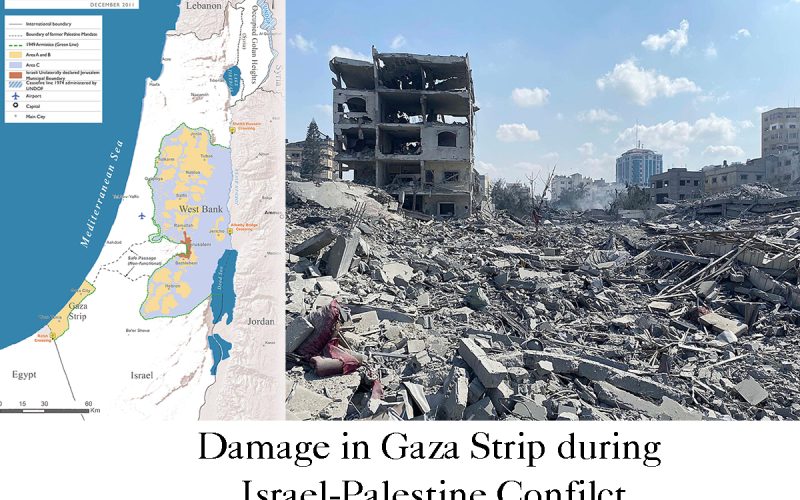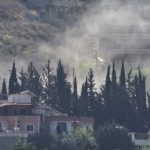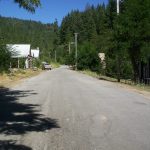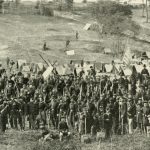In the quiet villages of Al-Funduq and Jinsafut, east of Qalqilya in the occupied West Bank, peace was shattered by the violent incursion of Israeli settlers. Under the cover of night and the apparent protection of occupation forces, these settlers unleashed a campaign of destruction, torching homes, vehicles, and shops. The local Palestinian community, caught unawares, faced an ordeal as flames consumed their livelihoods and shelters.
This act of aggression comes at a precarious time, following a ceasefire in Gaza which had momentarily quieted the region. However, the recent violence in the West Bank suggests that the peace is fragile at best, with settlers expressing dissatisfaction with the ceasefire agreement. The attacks have not only caused physical damage but have also reignited fears of a broader conflict, with local Palestinians from neighboring areas rushing to assist.
Reports indicate that over 60 Palestinians were arrested in the nearby town of Azzun, possibly in retaliation or as part of broader security measures. The international community has yet to respond, but human rights observers are calling for immediate action to curb the violence and protect civilian lives in the region.
As dawn broke over the smoldering ruins of what were once homes and businesses, the question on many lips was whether this marks the beginning of a new cycle of violence or if it can be contained before further escalation. The incident underscores the ongoing tensions and the complex dynamics of control, resistance, and survival in one of the world’s most contested territories.





